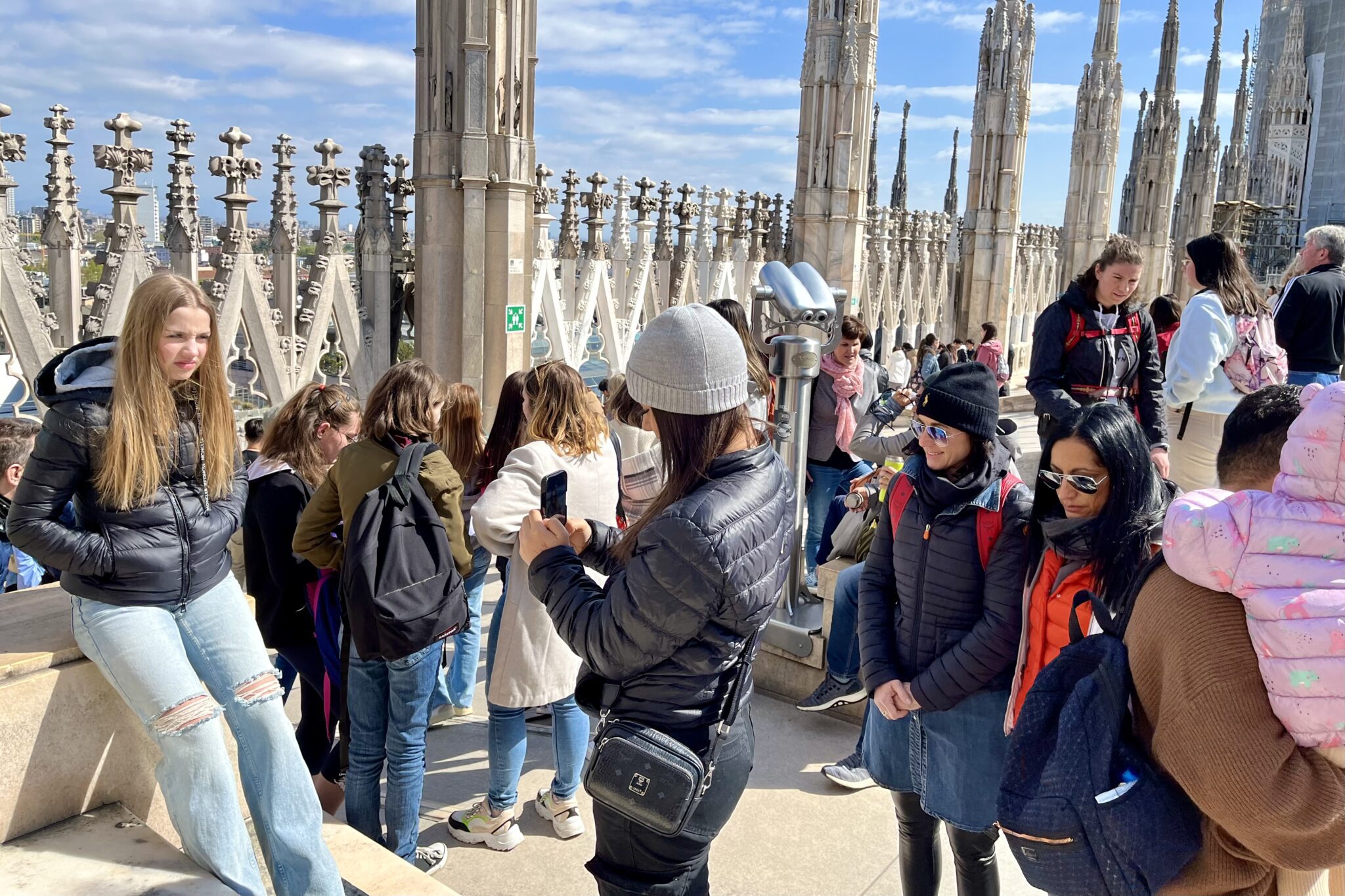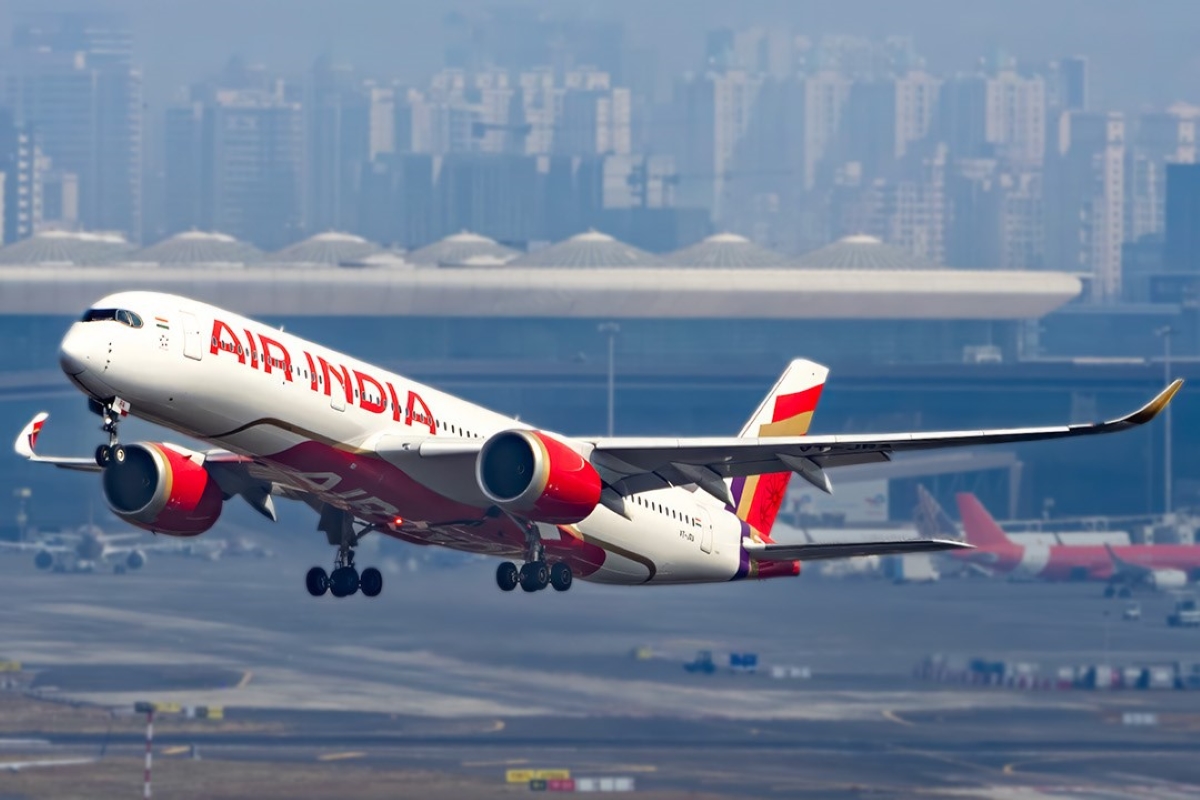It Is Time to Ditch the Phrase ‘Overtourism’

Skift Take

It started with a Linkedin post.
When Michael J. O’ Regan, a lecturer of tourism at Glasgow Caledonian University, posted an academic article he wrote about why we should stop using the word “Overtourism” and the issues he sees with its usage since the time we at Skift coined the term in 2016 (the backstory on that here). It came across my feeds. And in a surprise twist, considering we were responsible for this term spreading, first across the travel industry and then as a widespread media term, I agreed with him.
Here’s what I wrote: “This is a fascinating new academic paper arguing why the travel industry should stop using “overtourism” as a construct/phrase and as the person who coined that term in 2016 (he cites it in this paper), I agree with him!
“Surprise twist, I know, but not for the reasons he outlines (read the paper) but because I agree that now post-Covid, with so many layers of complexity involved, particularly as tourism intersects with climate change, it is reductive and doesn’t bring out the nuanced solutions that are required.
“The reductiveness was necessary when we first coined it, alarmism and inducing fear wasn’t a side effect, it was the intent, as I explained it here in detail two years after, and it was never meant as a phrase to demonize the travelers, as the paper says what happened after, but for destinations to wake up and take destination stewardship seriously.
“It did its job, now time to move on.”
To discuss the paper, his reasonings and more, I invited him to The Skift Travel Podcast, and we had a fascinating discussion.
Subscribe
Apple Podcasts | Spotify | Overcast | Pocket Casts | Google Podcasts | Amazon | RSS
Here’s the summary of the discussion, and the best way to get the full flavor of it is to listen to our podcast episode, above or in your fave podcast app.
O’Regan discusses his research on the concept of overtourism, which he believes is outdated as a term in the post-Covid era. He explains that the term has been successful in highlighting the challenges of managing tourism in destinations, but it also demonizes tourists, whereas the focus should be on sustainable tourism management. He also discusses his ongoing research on how newspapers cover the phrase and the metaphors they use about overtourism. The interview also touches on the role of academia in engaging the public with research and ideas.
There are an increasing number of professionals pointing out “overtourism” is not a useful analytical concept for measuring mismanagement and directing attention only towards tourists, rather than facilitators of tourism, such as policymakers and license providers. Destinations are trying to move beyond overtourism and look for other ways to talk about complex tourism issues without just blaming tourists for all the ills. Post-Covid, the conversation is about recovery, and there is a need for a nuanced approach to tourism that considers the impact on climate change and how companies are responding by reducing their carbon footprint.
The conversation also touches on how Chinese tourists have become a focus of negative attention, particularly incidents of racism against them in Europe and Southeast Asia. The speakers discuss how this is not a new phenomenon, as similar issues have arisen with Russian and Japanese tourists in the past. The Chinese authorities were very sensitive to criticisms of their tourists and produced educational booklets to address the issue in years preceding the pandemic.
O’Regan also questions the definition of quality tourists and its relevance in different destinations. He believes that backpackers are the quality tourists as they stay longer and use local services. The conversation also includes other phrases such as “regenerative tourism,” “sustainable tourism,” and “transformative travel,” and the need for managing tourism to reduce its unintended impacts on destinations. They discussed different tools that can be used to manage tourism, such as tourist taxes, regulating short-term rentals, and improving education on tourism and hospitality at the local level. Finally, they talked about Amsterdam’s efforts to improve the quality of life of people living around the airport.
Skift’s in-depth reporting on climate issues is made possible through the financial support of Intrepid Travel. This backing allows Skift to bring you high-quality journalism on one of the most important topics facing our planet today. Intrepid is not involved in any decisions made by Skift’s editorial team.





